Strike of Polish women: my body, my choice
- 11.12.2017
- 29133
About a year ago Polish woman went on strike, so called "Black Monday", gathered against abortion ban. As a result of this significant event women all over Poland won the personal right to have control over their bodies and abolished the abortion ban in the country. The protest has activated the overall civic strike of Polish women. We had a conversation with Marta Lempart, the movement founder, about the success path of demonstrations against abortion ban. We also discussed why contraception means and in vitro fertilization procedures are still not affordable and where the Polish society is moving eventually.
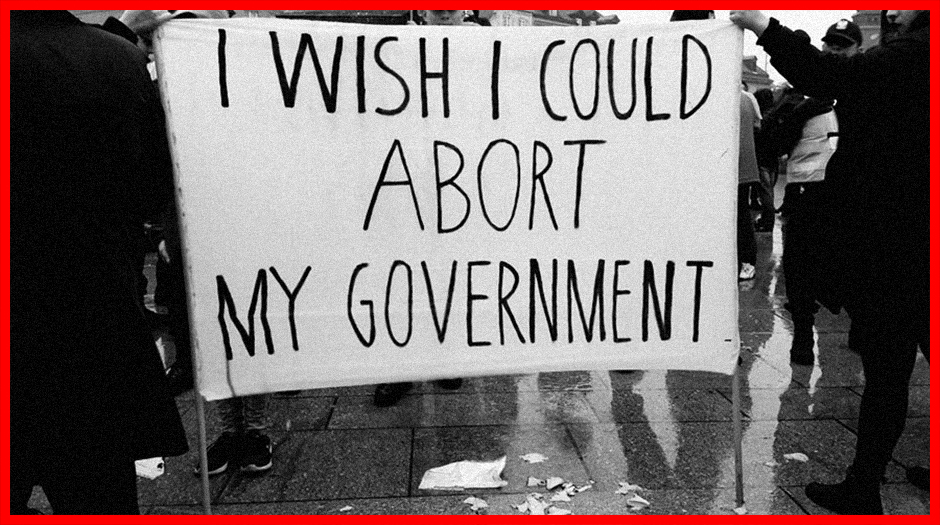
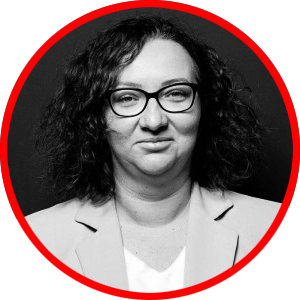
Who are we talking to?
Marta Lempart is a founder of the civic strike of Polish women (Ogólnopolski Strajk Kobiet). Last September she initiated mass demonstrations against the bill on abortion ban. It exploded into a dramatic protest campaign on the 3rd September 2016 known as a "Black Monday". To express the disagreement over a hundred thousand Polish men and women dressed in black walked out to the streets to protest, calling for the bill rejection.
The demonstrations flared up in 150 towns in Poland and in 60 locations outside the country. The movement caused the repeal of the proposed bill by Sejm (Polish parliament) on 6th October 2016. Besides that, the absolute ban on abortions was canceled as well.
"Black Monday" protesters formed the civic movement of Polish women. Moreover, the "Black Monday" anniversary was highlighted with another protest in October 2017, known as "Black Tuesday". Protesters turned to the government to ease laws on abortion.
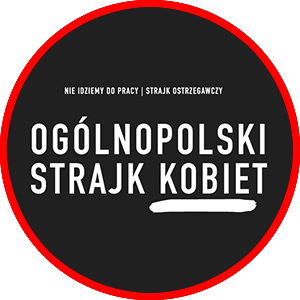
What are they fighting for?
The protests pursue goals to legalize abortion, make all types of contraception affordable for all women and enact the related rights that today exist only in theory.
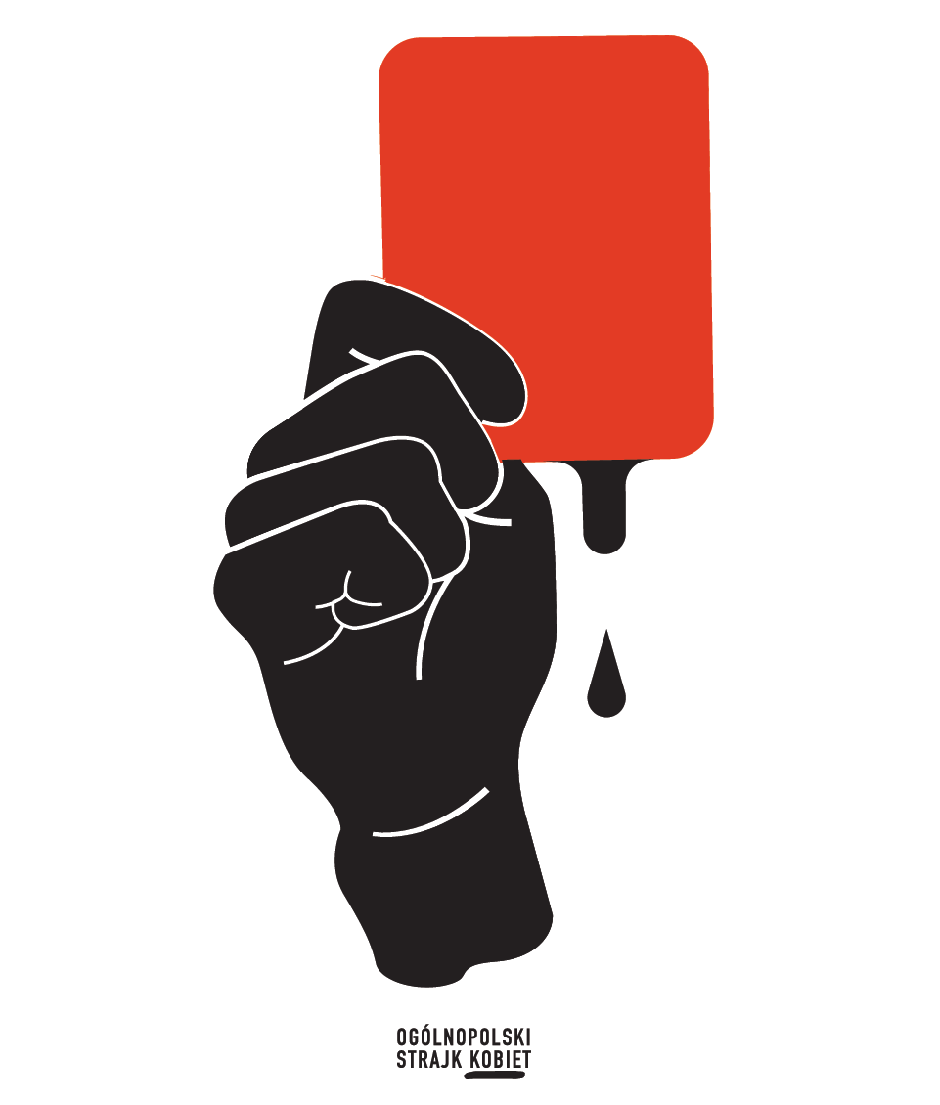
– What is your story of becoming an activist?
– Basically, from the very start of my career, I dealt with pro-democracy civic movements. For instance, I worked for 15 years with disabled people, then for two years I cooperated with the Committee for the Defence of Democracy. A year after I saw the vulnerable position of women who suffered from unfair government policy more than any other social group. That's how the idea of the civic strike of Polish women was born, and I got actively engaged with it.
– What was abortion situation before the protests started?
– Well, in Poland abortions are illegal, and there are only three exception cases. First of all, the abortion is allowed if woman health and life are at risk. Secondly, if the pregnancy was the result of a criminal act, abuse or incest. Finally, if an unborn child is unlikely to survive or diagnosed with abnormalities.
There's also a fact that it's incredibly hard to get a legal abortion license, what means even these cases are quite rarely applied. Besides that, Polish physicians have the "right to conscientious objection clause" (klauzula sumienia lekarzy). It implies due to their religious beliefs and moral principles, medical officers may just back off from operations. In the eastern Poland, there are a number of such provinces and healthcare centers where the abortion is out of question no matter what the reason for that is.
«It took just one day of the “Great gathering” to collect 500 hundred signatures all over Poland!»
Because of that, women go into illegal abortions in Poland or go abroad. The operation costs are approximately the same and amount to around a thousand euros. What's more, the salary of women from cities and rural locations are so different that it causes the inequality. What I want to say is that in certain circumstances abortions are legal but too expensive for people who live up-tight.
– As I know, "Black Monday" was not specifically Warsaw-concentrated, and the protests were all around the Poland. How did you engage the whole country?
– The reason is that we didn't separate activities in the city and regions, that's why Warsaw was not the center at all, and in fact, I live in Wroclaw. My colleagues and I were glad to help everyone from any Poland district to register an initiative. We created the list of locations that joined the protest movement and supported their coordinators.
If to put it another way, we weren't the group of leaders who head the headquarters center and say what to do. In contrast, we were more like a support center, that's why we don't have a "boss". In my opinion, because of this reason, people were so enthusiastic to join the strike. It might also be another reason why it was successful, and that's why we keep going in this direction.
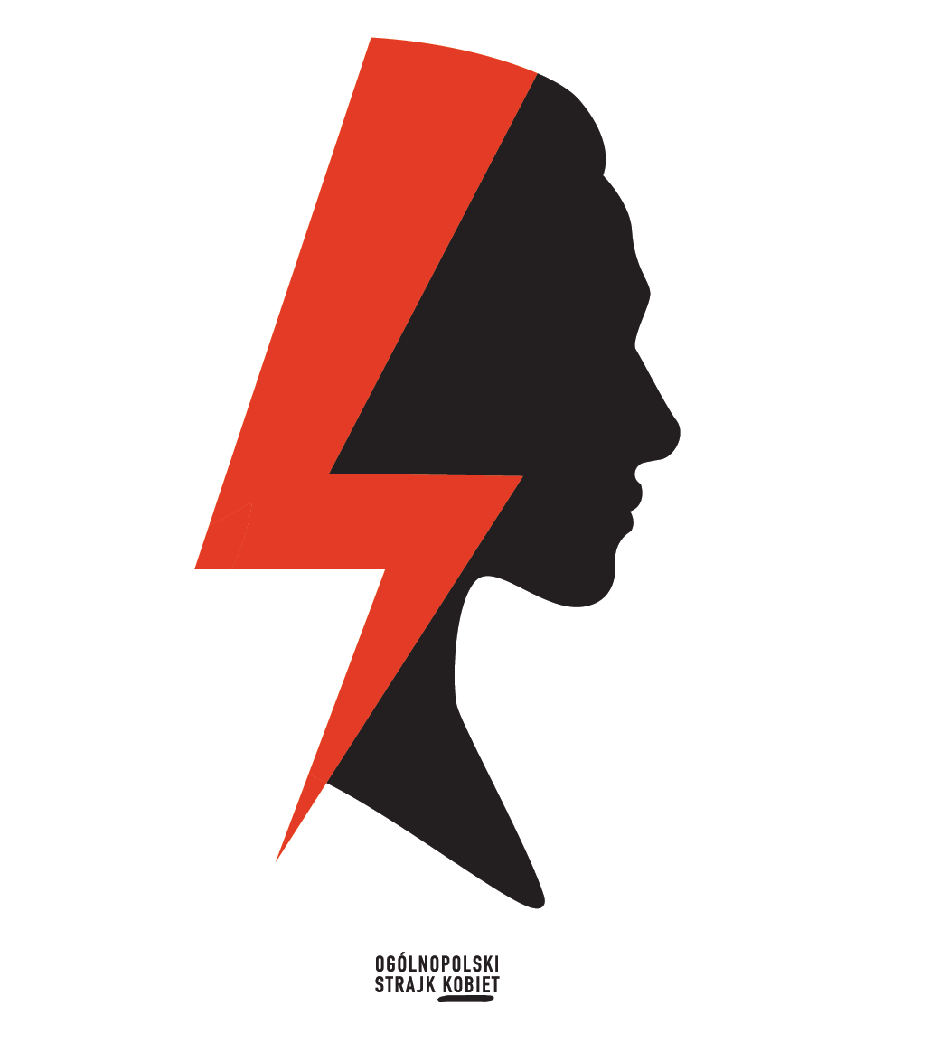
– How did you arrange the "Black Monday" event?
– In Wroclaw we had a committee of four activists. Additionally, on the Facebook group page, I posted a questionnaire where people involved in demonstrations could mark their location. It was helpful especially for those who hadn't been in civic activities before and could find demonstrators in other cities.
Besides that, we had a great visual content. The Warsaw designer Ola Jasionowska, a friend of my girlfriend, was the author of that famous head that became a symbol for protesters. This head carried a strong metaphorical meaning and visually united us. Those who organized local manifests could simply use ready samples.
On Facebook group, we had a discussion of what exactly we could do and how to protest. Basing on that, I highlighted three main levels of involvement a person could choose: they could either skip work or in case they worked in a hospital they could at least come to work in black. One more option was to join the strike or help at its organization. Thus, anybody could make a contribution.
We actively cooperated with mass media, thus spreading the information about the event. For instance, thanks to the national paper "Wyborcza" that published an article about us the day before the protest, lots of people joined us. What's more, they were just average people, not activists who are usually involved in such events. For example, one person was in charge of geographical spread. When the number of towns and participants got bigger, it motivated others to take part in as well.
I have to say, the demonstration worked well due to the combination of all elements, like event promotion, cooperation with mass media, visual content, information storage at one place, a distinct strike message and the public feedback. We collected ideas and propositions, summarized them and replied. The Facebook group became the biggest in Poland and combined around half a million people.
– What is your role in the movement?
– In mass media I'm usually introduced as a movement leader, though it's not completely like that. I see myself as a support committee coordinator. At first, we tried to correct journalists, but finally gave up and I simply agreed on the "leader". I understand it's easier for them to have one public person who they can contact with.
I’m also in charge of finances. In a big city, you can find printing services for free almost at once, while in a rural area it's complicated to find such help. That's when we come into play.
«What's more, apart from women rights, we deal with sexual child abuse in the Catholic church, we pay attention to sexual education, too»
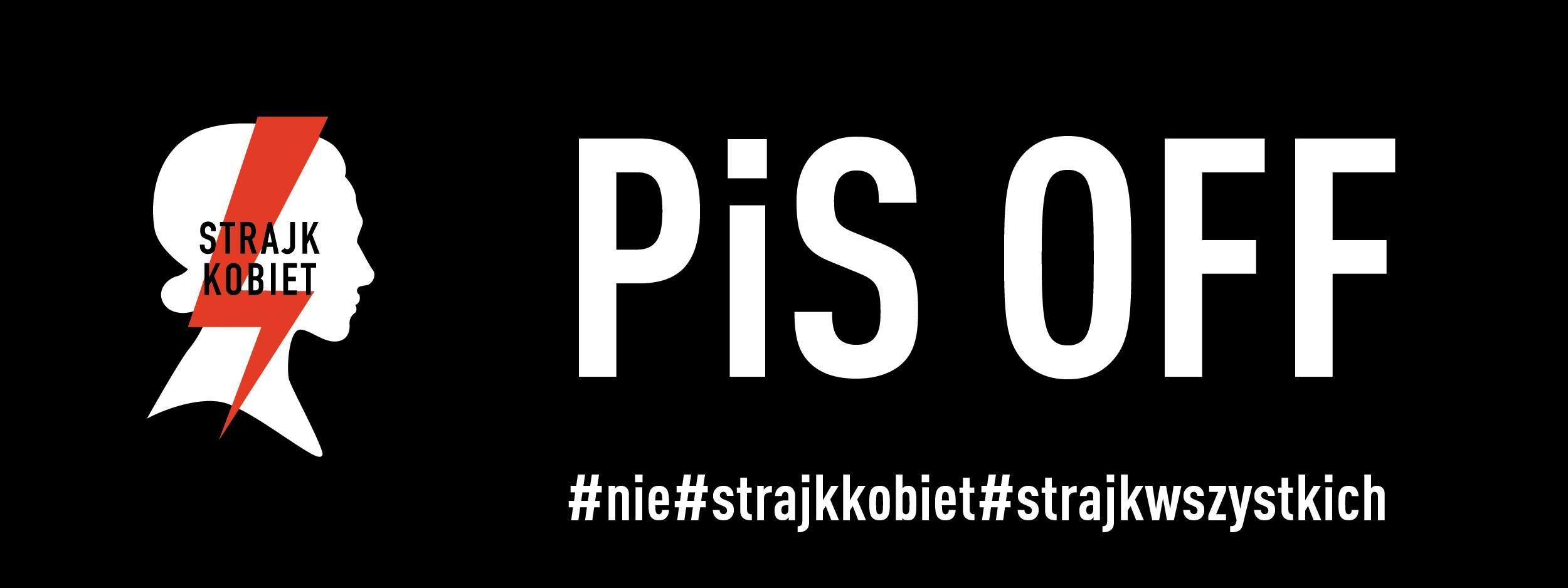
– A year ago you guys, achieved the goal you dreamed of: the law on abortion ban was abolished. Though this October instead of "Black Monday" you demonstrated on "Black Tuesday". Why did you decide to go on strike again?
– Last year we stood for the abolition of abortion ban draft law, while this year we speak for the legalization of abortions. We noticed how many people long for changes regarding this issue and decided to arrange a new campaign under the name "The great gathering". It’s a play on words: at one hand, we gather ourselves, organize the demonstration and protests, on the other hand, we gather signatures. On "Black Tuesday" we gathered signatures for abortion legislation. In total, the demonstration took place in 100 Polish towns.
According to the survey, before the demonstration, the number of neutral respondents prevailed those who advocated for changes, while now it's different and 14% respondents are for abortion legalization. I'd say we spent a year fighting for these changes and a gradual change of a public opinion. It took just one day of the "Great gathering" to collect 500 hundred signatures all over Poland!
– Regarding the changing of public opinion, might one say you fight with the Catholic church?
– Yes, the movement is highly anticlerical. Thanks to Facebook group discussions we come up with four main directions: reproductive rights, rejection of the Catholic Church, women abuse and women status in the economy.
Among Polish people, there's a myth about two opposing sides: Poland A and Poland B, east and west. However, if you give a look at our demonstration map, you'll see there are no such separations. Another myth is about rural villages that are under complete control of the Catholic clerks and where people keep their heads down to the church. That's false, too. Most of the protesters are girls from small towns and they are even more religiously radical than women from the city.
This collision will likely keep going since the Church is always against abortion. Though, some people say that one day the Church will give way in this dispute. What's more, apart from women rights, we deal with sexual child abuse in the Catholic church, we pay attention to sexual education, too. All these topics are entangled. I would add, we possibly the only Polish organization that is so tough in relation to a government-religion issue.
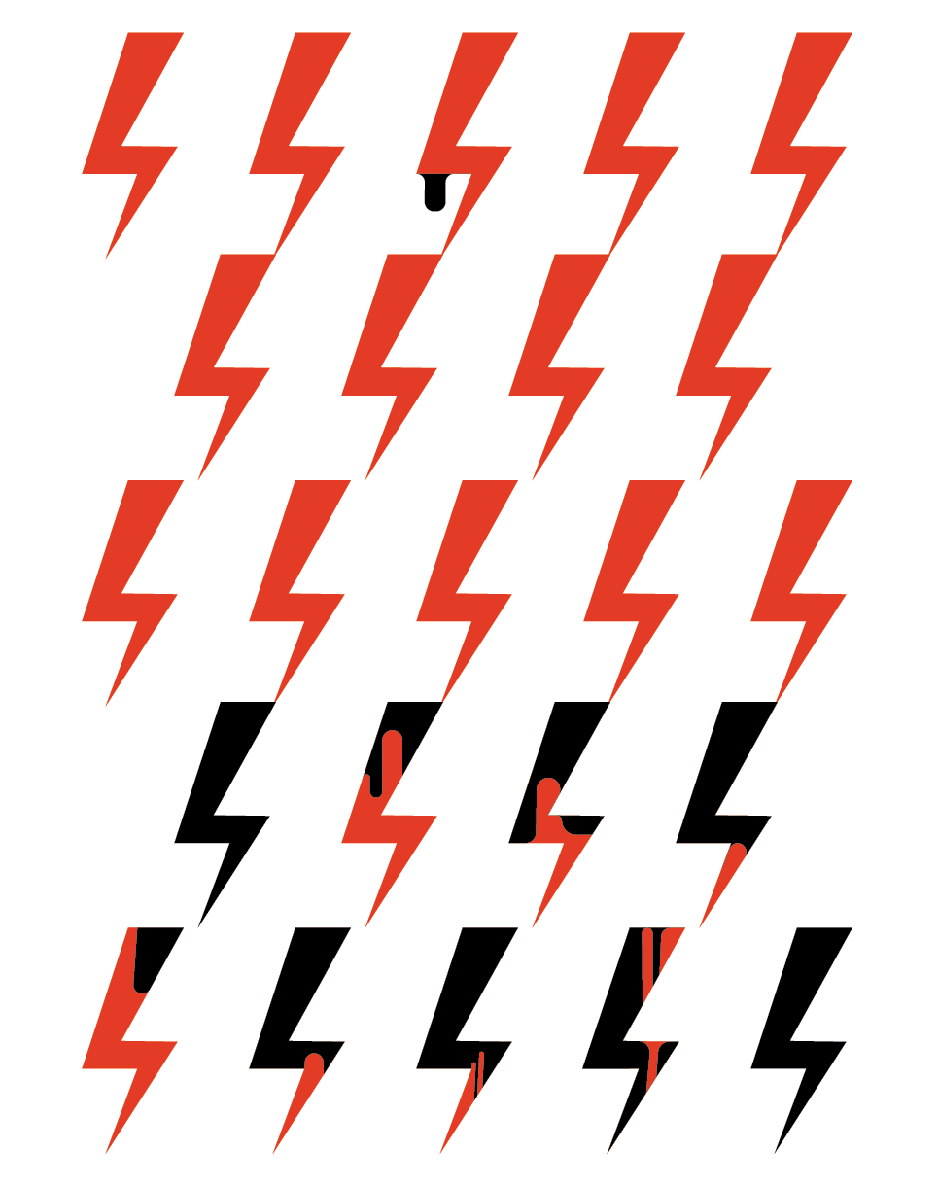
– You've mentioned the reproduction rights that your organization deals with. Can you tell us more? What a program do you have?
– We have five key messages in relation to reproductive rights. One of the most significant is in vitro fertilization (IVF). It's not like it's unavailable in Poland, it is. It's unaffordable from a financial viewpoint. The procedure is legal, but it'll cost you a lot. Previously, the government covered the expenses for this procedure and still there are some local administrations that provide financing. However, the government attempts to set the limit to such financing. To be clear, IVF is not affordable for low-income people, we do not talk about all population. It's another story about the purchase of rights.
What I want to say, in post-communist countries we got used to the fact that sometimes you have no choice but to buy rights.
There's one more issue we focus on, it's perinatal care, which means concern of mother health prior to, during and after the pregnancy. Changes in this field are indeed noticeable. Moreover, there's a fund "Give a birth in a humane way" that for years fought for establishing standards of perinatal care in Polish hospitals and for better treatment and attitude to pregnant women.
«What I want to say, in post-communist countries we got used to the fact that sometimes you have no choice but to buy rights»
There are two more program branches: abortion legalization and affordability of contraception means for all women. Clearly, there are cheap drugs, however, some women due to their health conditions have to spend 80-100 zloty a month (about $ 22-28) to prevent themselves. We advocate for establishing a fund that covers expenses for contraception means, as it does in Great Britain. What's more, there should be consultation services that can help with advice, provide with condoms and contraception prescriptions. To sum up, we want rights to exist not only in theory but be applied for all.
Besides that, we surely stand for the women's right to emergency contraception.
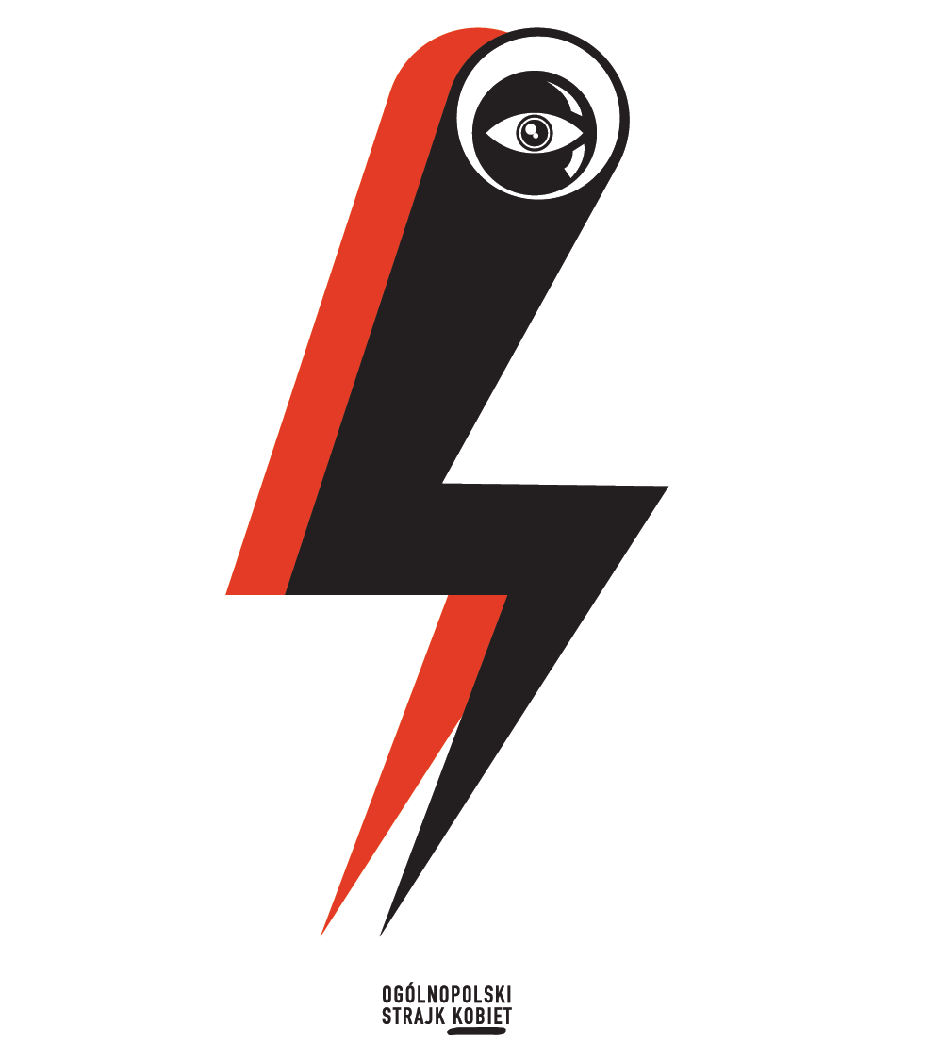
– May I, for example, go to a pharmacy and simply buy an emergency contraception drug in Poland?
– No, you cannot. We have a big discussion on this point. We represent a quite unusual non-governmental organization uniting average people with average jobs who are not activists in a traditional sense. It has a strong influence on the language we use, the principles we state and the position we declare.
Our language is simple and practical. When we talk about means of contraception, it's assumed a woman can get them, but it's not mentioned she has to make an doctor appointment and receive a prescription first. When a woman is budget-restricted, she can't go to a hospital and be confident she'll get a prescription. Thus, there's no chance for her to get an emergency pregnancy prevention. Besides, the drug should be taken during 72 hours after the intercourse, the sooner, the better. Obviously, there's a difference to take a pill in an hour or 70 hours later.
We do not state a woman can get a contraceptive pill with a prescription. Our message is an emergency contraception pill doesn’t exist at all.They tell us the opposite, well, the pill exists, though to get it a woman should have a prescription. Our point is, for MOST women there's no such opportunity, thus the pill doesn’t exist. That's why we differ from other professional movements: they are more careful about what they say in public.
Our messages are aimed at emotions. We call things as they are. If the Minister of Health says such pills are harmful and he'd not dare to prescribe them, we put it the way that those drugs are forbidden for us. There are other movements and organizations that watch their language more carefully. We are more straightforward, speak to emotions that actually reach out to people's hearts.
«Language is a good start: the way people speak impact their actions»
– Has the government learned a thing or two from the protests? And what the impact has it made on Poland?
– The government learned that the impulsive changes make no good. Only well-considered and wise decisions are effective. We see the strategy they use: cutting off funding, arresting some of our activists. I'm also connected to several cases in court. The government has got in the habit of causing harm in little steps. First, they threaten people with some new policies, then take a step back, then start again. Such endless discussions are remarkably exhausting for people.
Democratic part of Polish population has finally understood that women's rights have no difference with human rights. It may sound simplified, but we talk about getting real things done.
Besides that, we found out there are plenty decent men who share non-patriarchal views. You see, Polish men found themselves in a situation where they had to select the side in relation to women's rights. As it turned out, many of them hold the same beliefs as we do. There are no alternatives: you either take the side of the government that hates and intimidates us, or you take our side. We surprisingly discovered the other universe where men, boyfriends, husbands, brothers are our allies, and it's great to have support on the opposite side.
The society is changing. Nowadays, none of public figures or politicians dare to brush the whole concept of women's rights off and say it's irrelevant and occasional. Democratic activists use feminitives in speech, thus highlighting their support. They say "citizen" and "citizen female", although one may simply use the word "citizens" in a plural form, it's grammatically correct. They also say "resident" and "resident female", "female and male", "Polish female and male". Language is a good start: the way people speak impact their actions. Everything changes and that's fascinating.
Чытаць яшчэ:
Что нужно знать про долгосрочную аренду?
Рассказываем, где искать угол (или жильца) и какие бумажки лучше все же заполнить.
(Не) Больно, (не) надо. На прощание с «Хулиганом»
Закрылся один из главных баров Минска 2010-х. Вспоминаем, за что мы его любили.
«Зрабіць беларускую мову папсовай»: інтэрв’ю з блогерам Ільём Шынкарэнкам
Пра беларускамоўны тык-ток, «Чарку на пасашок» і вывучэнне мовы.
На галоўнай:
Галя Chikiss прэзентуе альбом у Берліне
Спецыяльныя госці – Sveta Ben і Mustelide.
Краўдфандынг дня: на беларускі кароткі метр, які паедзе па фестывалях
Малады прадакшан збірае грошы на стылёвае кіно.
Фатографка Таццяна Чыпсанава: «Калі я жыла ў Беларусі, мяне пастаянна пыталі, адкуль я родам»
Размова з прызёркай World Press Photo.